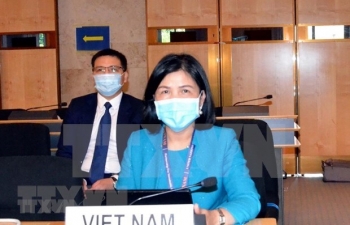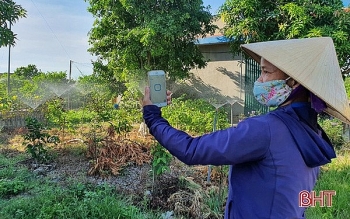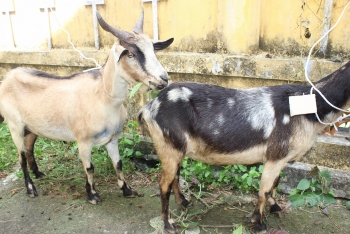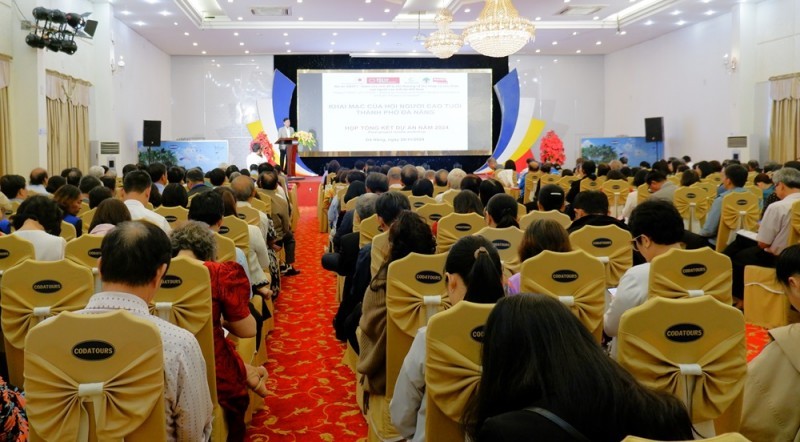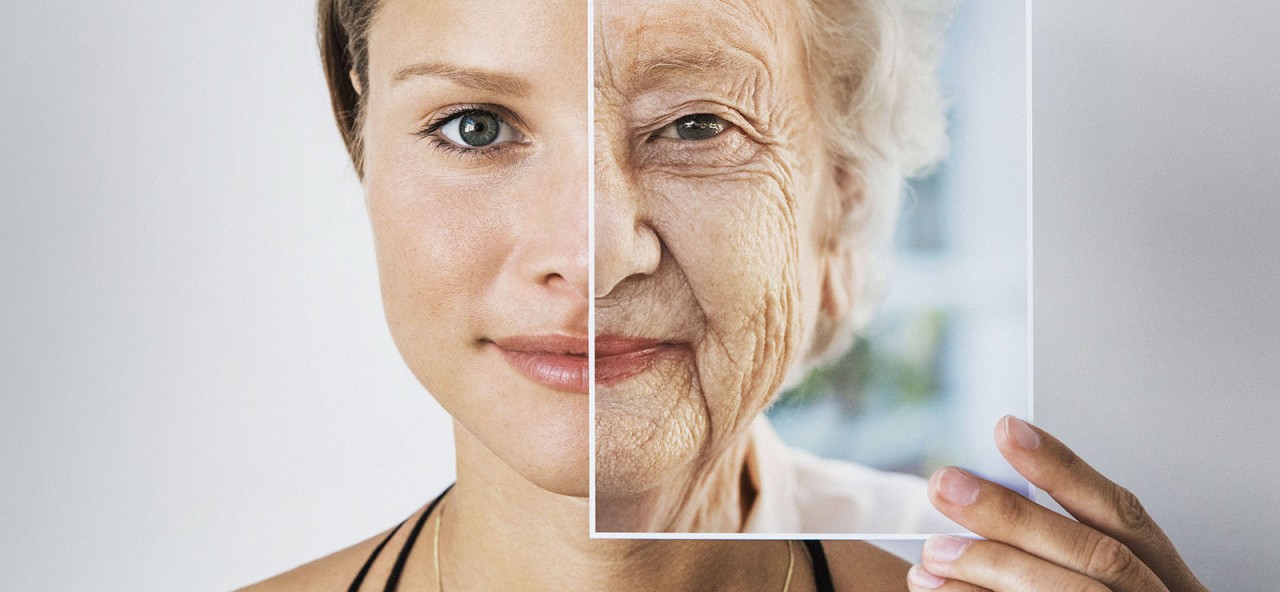Self-Helping Intergenerational Club model in Vietnam became 2020 HAPI Grand Prize Winner
 |
| The Intergenerational Self-help Club (ISHC) in Que O village, Chi Lang commune, Que Vo district, Bac Ninh province. Photo: HelpAge International in Vietnam |
Experts predict that Vietnam will be one of the fastest aging countries in Asia. By 2035, they expect that the ratio of the population aged 65 or older will have jumped from 7 percent to 14 percent in a period of just 17–18 years. That will have major social, health, and economic implications for the country, particularly given that Vietnam has limited resources to properly respond to such rapid changes and has no established long-term care system yet. Without innovative, cost-effective, and affordable interventions, Vietnam will have difficulty meeting its sustainable development goals (SDGs).
Against that backdrop, since 2006, HelpAge International in Vietnam (HAIV) and its local partners, including the Vietnam Association of the Elderly and the Vietnam Women’s Union, have piloted the Intergenerational Self-Help Club (ISHC) model—community-based organizations that promote healthy longevity through a variety of inter-generational activities.
Recognizing the importance of the ISHCs, the Government of Vietnam issued Decision No.1533/QD-TTg on the Project of Replication of the ISHC model (Period 2016-2020). As of June 2020, nearly 3,000 clubs with a total membership of around 160,000 people have been established and operated across provinces and cities nationwide, and the ISHCs have become the largest care providers in Vietnam.
Respond to the multiple needs of older persons and their communities
An ISHC is a community-based organization that follows the motto “the people know, decide, do, monitor, and manage.” It is a comprehensive and inclusive approach that promotes healthy longevity through a variety of interventions. To promote psychosocial health, ISHCs carry out social and cultural activities such as games, performances, and home visits, and they promote life-long learning through monthly talks, study visits, and intergenerational cross-learning and sharing on a broad range of topics.
They also focus on physical health by raising awareness of and promoting healthy and active lifestyles (exercise, sport, hobbies, meditation, and volunteerism), and through access to regular health screenings (monitoring weight and blood pressure), check-ups, treatment, and insurance.
In addition, they offer homecare services through homecare volunteers. Each ISHC has at least 10 homecare volunteers who develop case management plans and visit each client at least twice a month. This community-based care component (CBCC) has enabled the ISHCs to become the largest care providers in the country with more than 16,000 caregivers providing regular and ongoing care for at least 10,000 clients. The work of the volunteers can include everything from providing a friendly ear to helping with housework, taking the client out for a walk, helping with personal hygiene, or monitoring blood pressure.
They also report to the ISHC any problems that they are unable to address. Paid care assistants who are retired health professionals or local collaborators train the volunteers, oversee rehabilitative exercises, share health information, and oversee medications.
The ISHCs also focus on the issues of economic development and self-reliance. They promote self-help—i.e., helping one another in the community through the provision of labor, technical support, cash, or in-kind donations—and help members’ livelihoods through self-managed microcredit and other support mechanisms for income-generating activities (IGA). They also provide information on rights and entitlements and offer legal services and support. To support all of these activities, they mobilize local resources, tapping into them through donations, membership fees, micro-credit interest, and collective IGAs to generate revenue.
“After joining the clubs, most members report that they feel happier, wealthier, and healthier, and they feel more empowered and confident,” said Tran Bich Thuy, HAIV Country Director.
The effectiveness of the ISHCs has gained broad recognition in Vietnam and the expansion of the ISHC model was included as a national government target in the 2012–2020 National Plan of Action on Ageing and in the 2016 Prime Minister Decision 1533, which set a target of having at least 2,000 ISHCs by the end of 2020.
By the end of 2019, that number had been far surpassed, with 2,985 ISHCs having been established covering 60 out of the 63 provinces as more requests to help set up ISHCs continue to be received from throughout Vietnam.
In addition to the honor received by the ISHCs, the HAPI organizers also honored and presented the Second Prize to the Bright Eyes Program for Older People in Vietnam, submitted by the Vietnam Association of the Elderly.
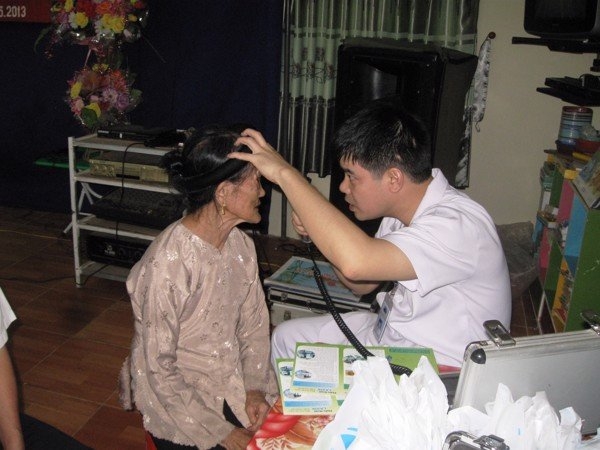 |
| The Bright Eyes Program for Older People in Vietnam awarded with second prize. Photo: HelpAge International in Vietnam |
Facilitating the replication of the model across Vietnam
HAIV created the model and assists in the creation of ISHCs, but the control of the development process, resources, and decision-making authority lie with each ISHC. The underlying assumption is that communities are the best judges of how their lives and livelihoods can be improved and, if provided with opportunities, information, and adequate resources, they can organize themselves to provide for their immediate and future needs.
By treating people as assets and partners in the development process, the ISHC approach has proven to be responsive to local demands, more inclusive, and cost-effective. Indeed, one of the strengths of the program is its affordability. HAIV estimates that if the government of Vietnam invested just 0.5% of its GDP per year for a decade, it could establish 100,000 self-managed and sustainable ISHCs.
HAIV is now working closely with the Vietnam Association of the Elderly to scale up its model and help thousands more ISHCs get off the ground through the use of online training videos and handbooks. It is planning to video HAIV’s existing ISHC training and educational materials and upload them on the internet to reduce costs and increase availability.
It also is working to develop and disseminate a national handbook on the availability of local funds that can be used for ISHC replication. These materials will be shared with other HelpAge offices and partners in other countries around the region to further disseminate this innovative model.
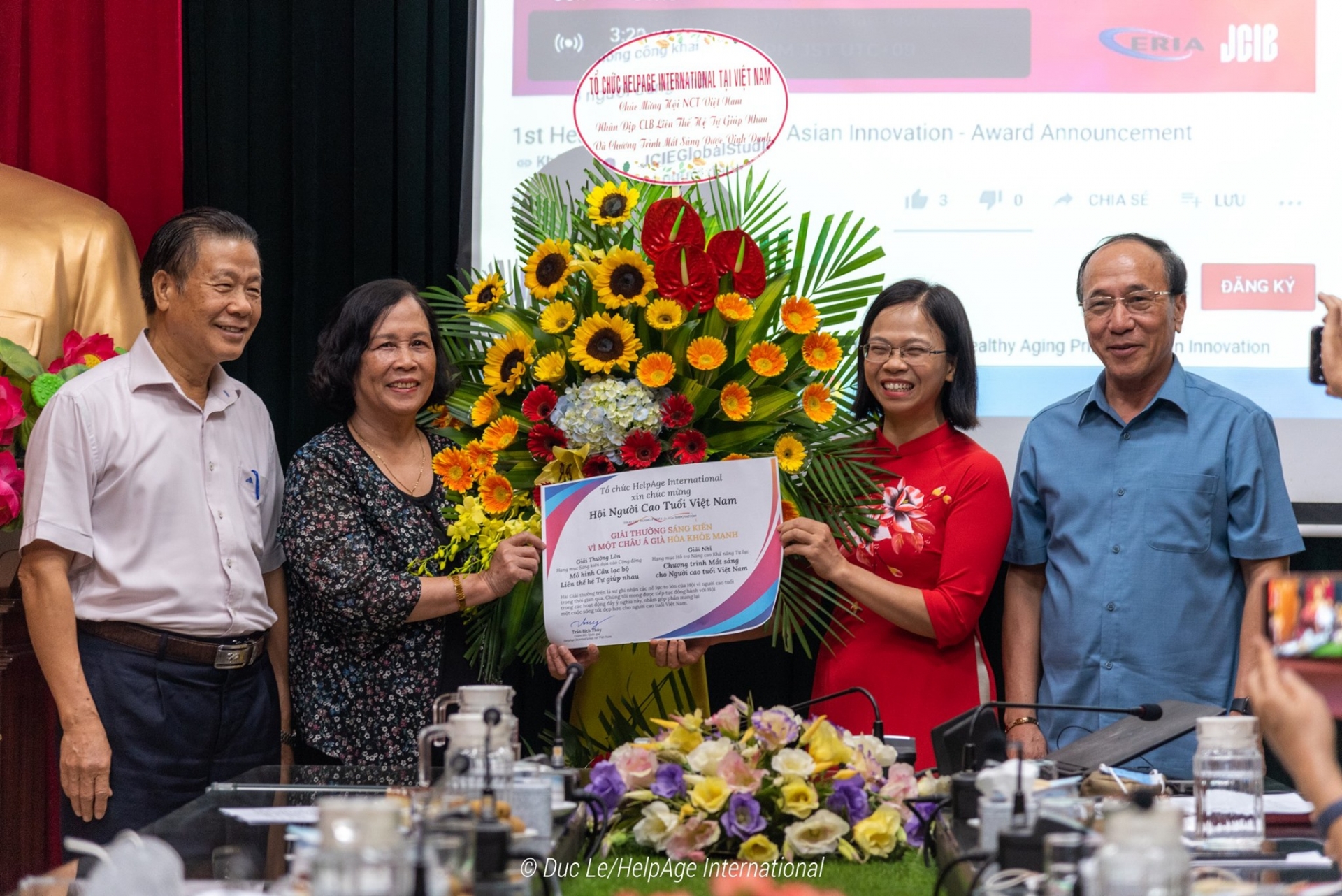 |
| HelpAge International in Vietnam celebrates the award with the Vietnam Association of the Elderly. Photo: Duc Le/HelpAge International |
On the occasion of both Vietnam's nominations won the HAPI awards, delegations from HelpAge International led by HAIV Country Director Tran Bich Thuy, had a meeting with the Board of Directors of the Vietnam Association of the Elderly and with them watched the live broadcast of the announcement ceremony.
Thuy also presented flowers and memorials to the Vietnam Association of the Elderly to congratulate them on these achievements, thanked and acknowledged their great efforts in bringing a better life for Vietnamese older people.
The Intergenerational Self-Help Club model in Vietnam was also chosen by the United Nations Department of Economic and Social Affairs (DESA) as an example of SDG Good Practices.
| HAPI is an award program designed to recognize and amplify innovative policies, programs, services, and products that address the challenges facing aging societies. This prize is an initiative of the Economic Research Institute for ASEAN and East Asia (ERIA) and the Japan Center for International Exchange (JCIE), carried out under the auspices of the Japanese government’s Asia Health and Wellbeing Initiative (AHWIN). The selection of awardees was carried out by an international committee of experts. |
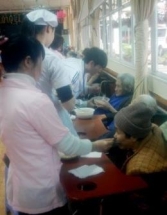 | Vietnam builds policy in response to aging population Vietnam’s population is in the process of rapid aging, with people aged 65 and above estimated to account for 13 percent of the total number ... |
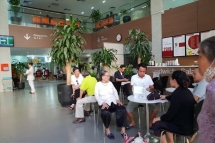 | Hanoi readies healthcare for aging population A recent national survey on the Vietnamese elderly shows a decline in the number of old people living with children. The number of old people ... |
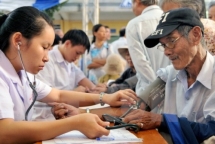 | Coping with an aging population in Vietnam To manage the trend of the aging Vietnamese population it’s important for people to rethink their education, work, and retirement plans, says the General Department ... |
Recommended
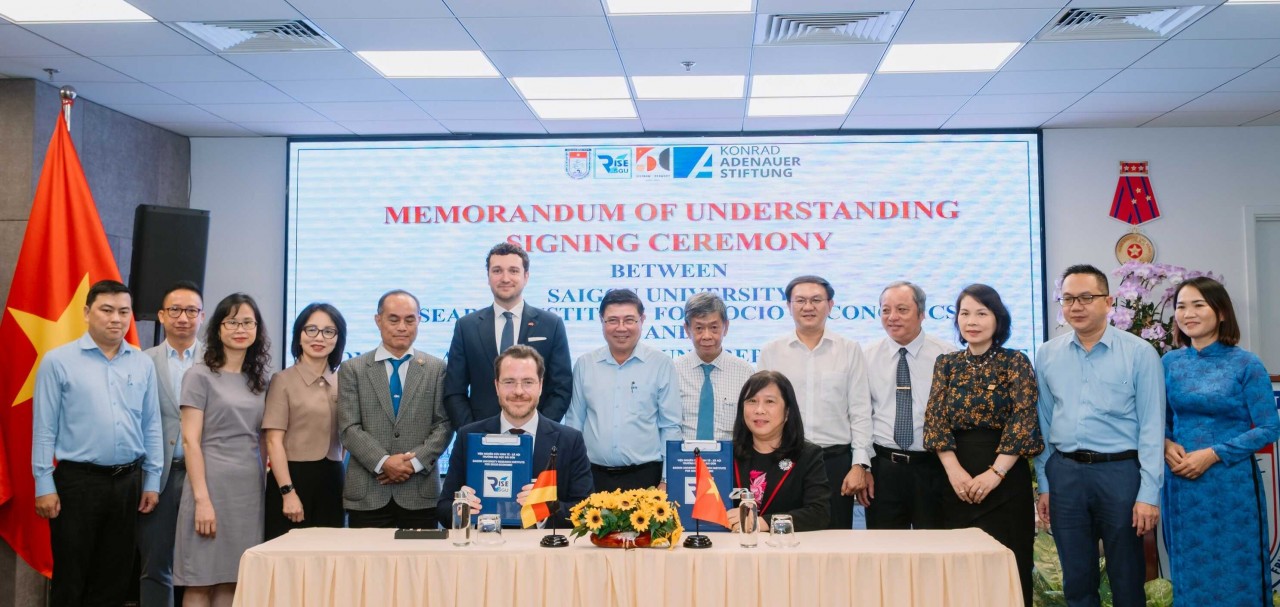 Friendship
Friendship
Another Vietnamese University Partners with Germany’s Konrad Adenauer Stiftung
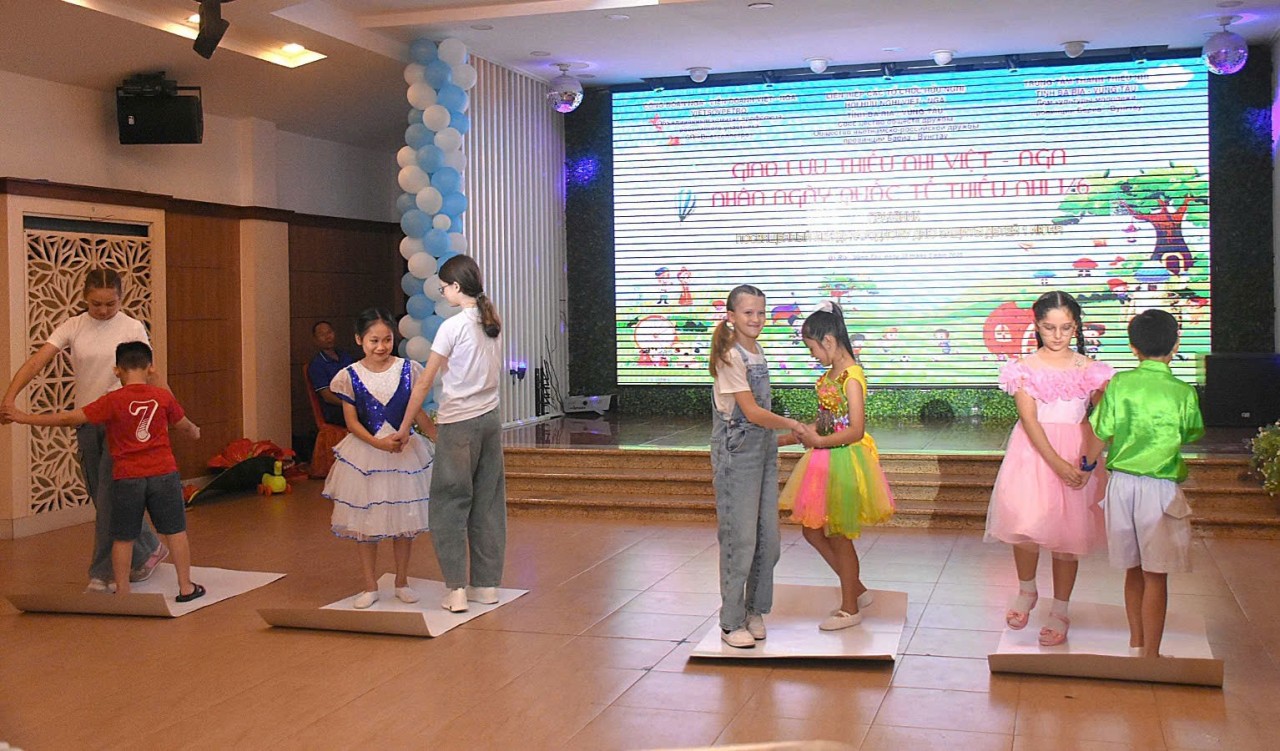 Friendship
Friendship
Over 200 Vietnamese and Russian Children Join “Red Scarf Of Friendship”
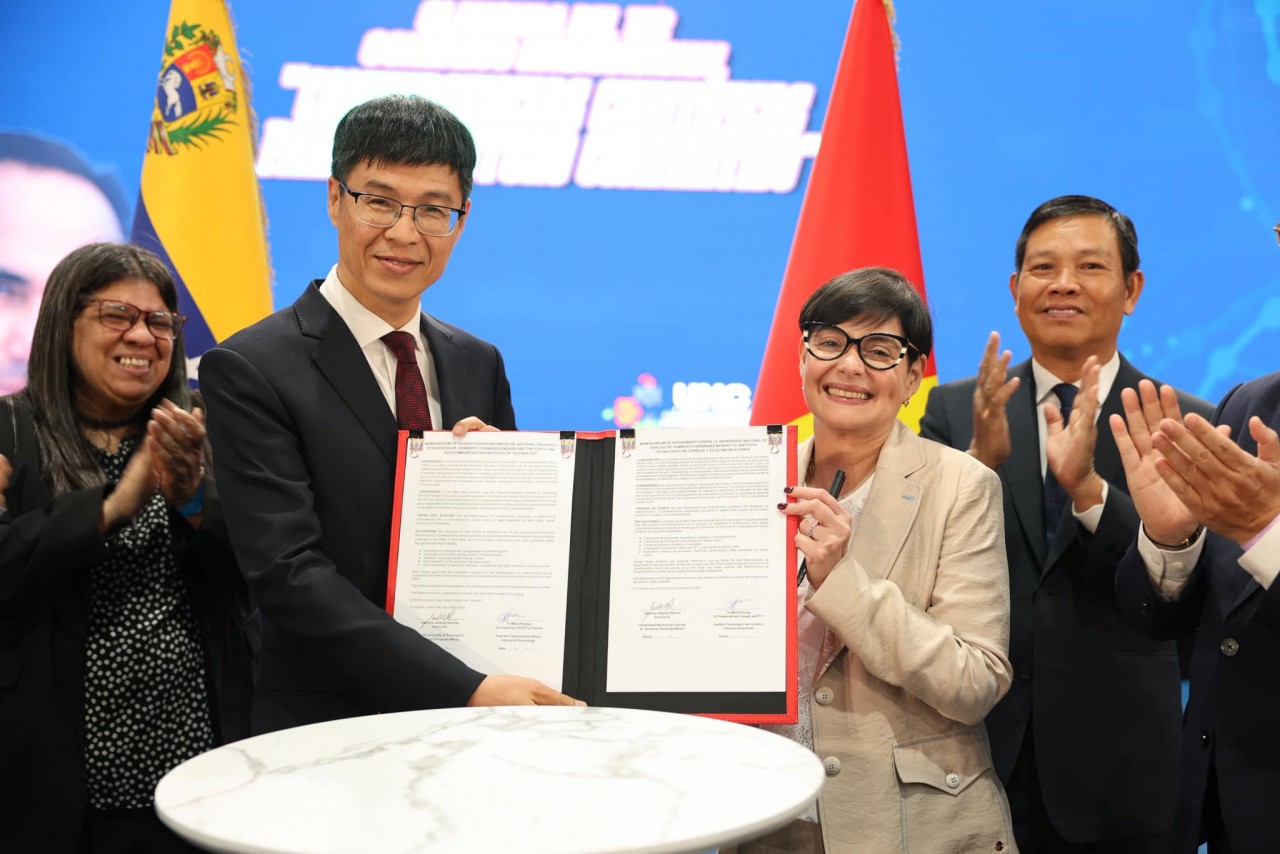 Friendship
Friendship
Venezuela Seeks Vietnam’s Expertise in Science and Technology
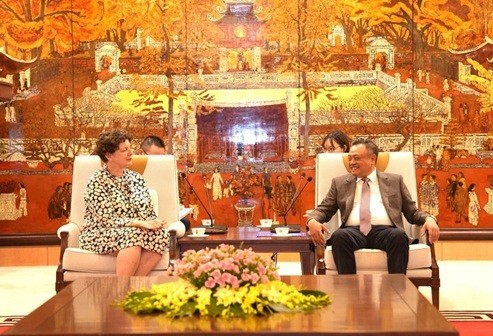 Friendship
Friendship
Diverse Activities to Celebrate the 50th Anniversary of Vietnam - Germany Diplomatic Relations
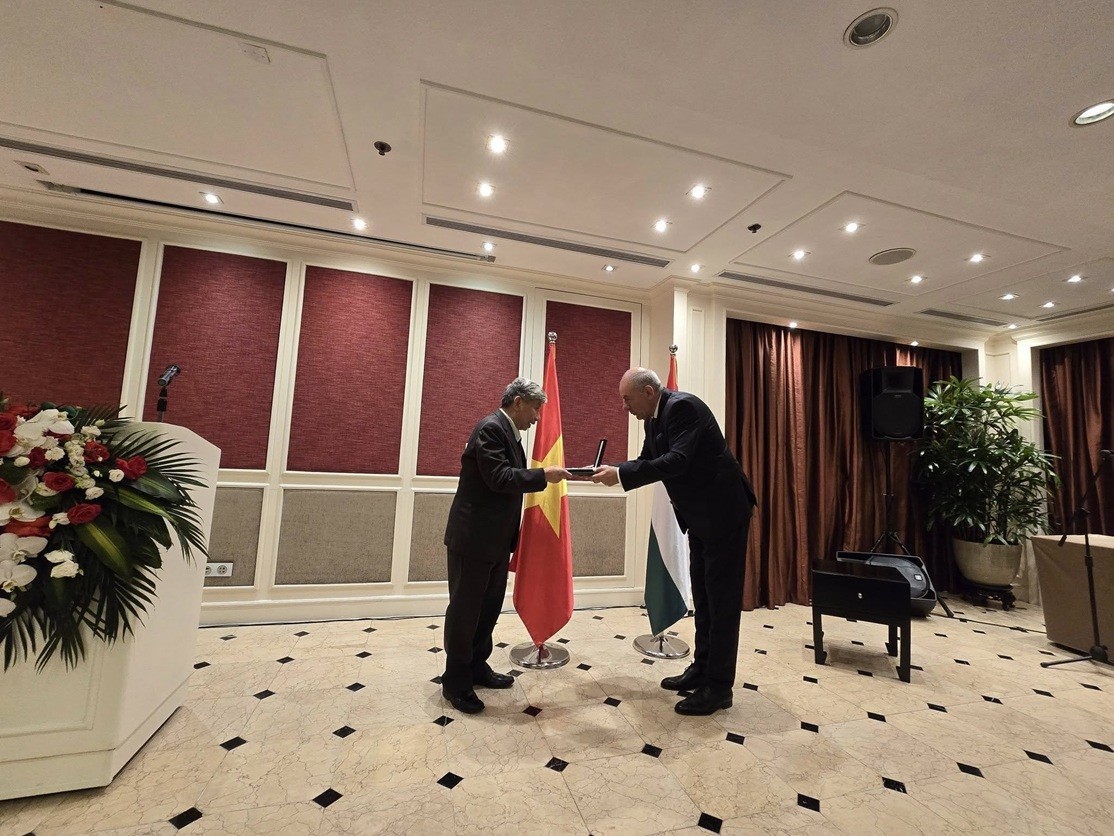 Friendship
Friendship
Dr. Vu Hoai Chuong Receives Hungary's Knight Cross Order
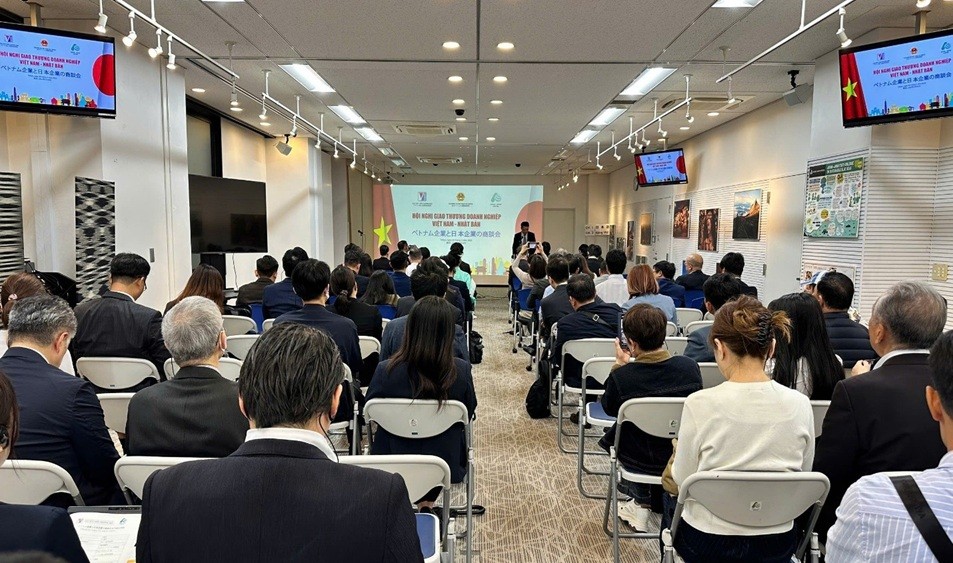 Friendship
Friendship
Promoting Vietnam - Japan Economic Cooperation
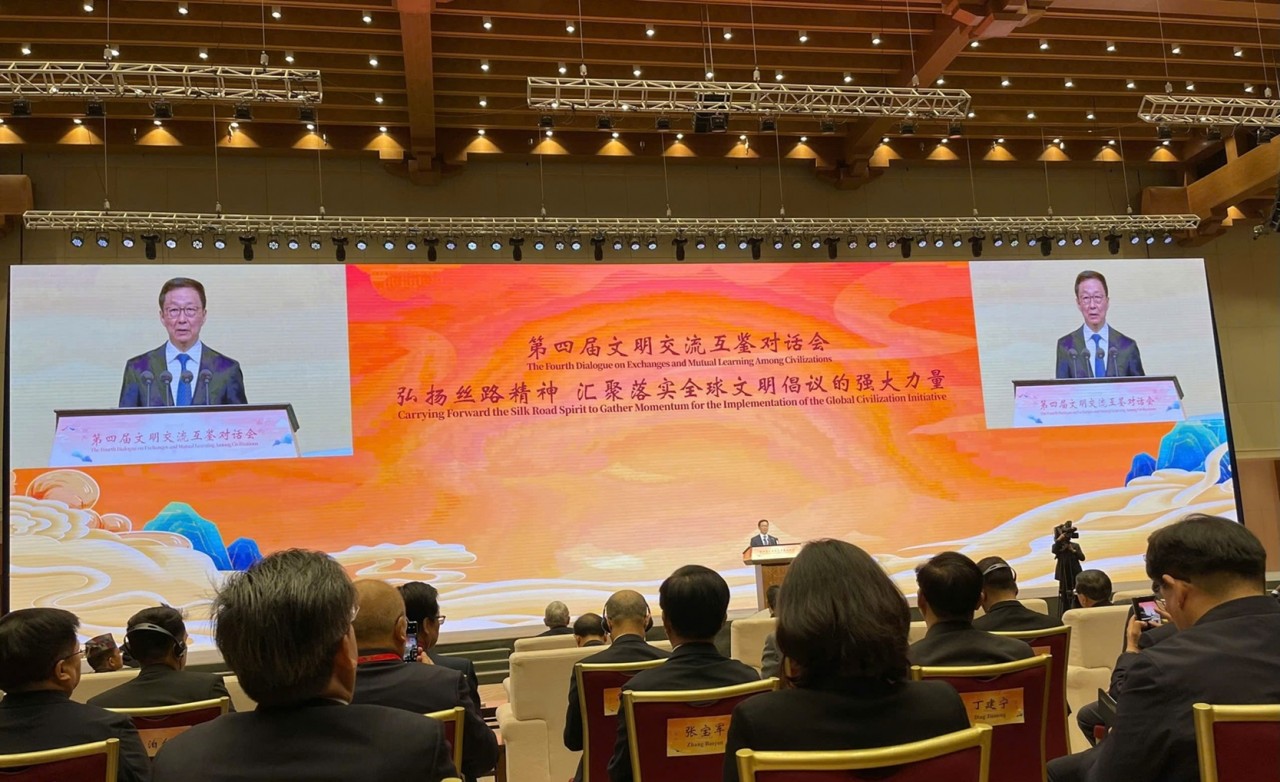 Friendship
Friendship
VUFO Attends Fourth Dialogue on Exchange and Mutual Learning among Civilizations
 Friendship
Friendship

